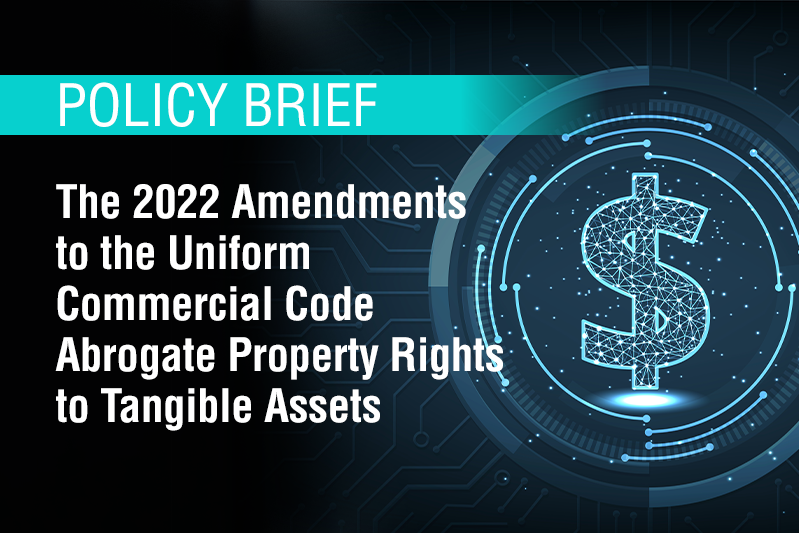Michigan lawmakers are considering removing restrictions preventing government employees from representing themselves in negotiations with their employers, freeing labor unions from the responsibility of providing services to individuals who do not pay membership dues.
State rep. Gary Glenn (R-Midland) introduced the bill, House Bill 5829 in September. The bill was referred to the Michigan House of Representatives’ Committee on Government Operations, where it awaits a vote.
Glenn says his bill is simple, but unique.
“The purpose of my legislation is to say a labor union is either not required or to represent anyone other than full voluntary paying members,” Glenn said. “If the legislation is enacted, Michigan would be the first state that allows collective bargaining for government employees, in which a labor union does not have the authority to legally represent, bargain for, and contractually bind non-member employees who don’t want their representation.”
Voluntary Association
Glenn says the bill gives more power to both workers and labor unions.
“Union officials would be authorized to represent only voluntary dues-paying members, as it should be, leaving individual employees free to represent and bargain for themselves if they choose,” Glenn said.
‘Workers’ Choice’
F. Vincent Vernuccio, the director of labor policy at the Mackinac Center for Public Policy, says Glenn’s bill creates a win-win situation for workers and labor unions in the state.
“Before we talk about workers choice, we have to talk about right-to-work,” Vernuccio said. “Right-to-work simply means a union can’t get a worker fired for not paying them. It doesn’t affect collective bargaining in any other way. The problem with that is that the union is still bargaining for everybody in the unit, even those that want to represent themselves.”
Vernuccio says Glenn’s bill solves this problem, by allowing voluntary association and voluntary representation.
“Now, unions call these people free riders, because they are getting representation in direct work environment without paying for it,” Vernuccio said. “They say that these people who are free riders should be paying the costs of getting representation. We actually like to call them ‘forced-riders’ because they’re forced into representation whether they want it or not.”




